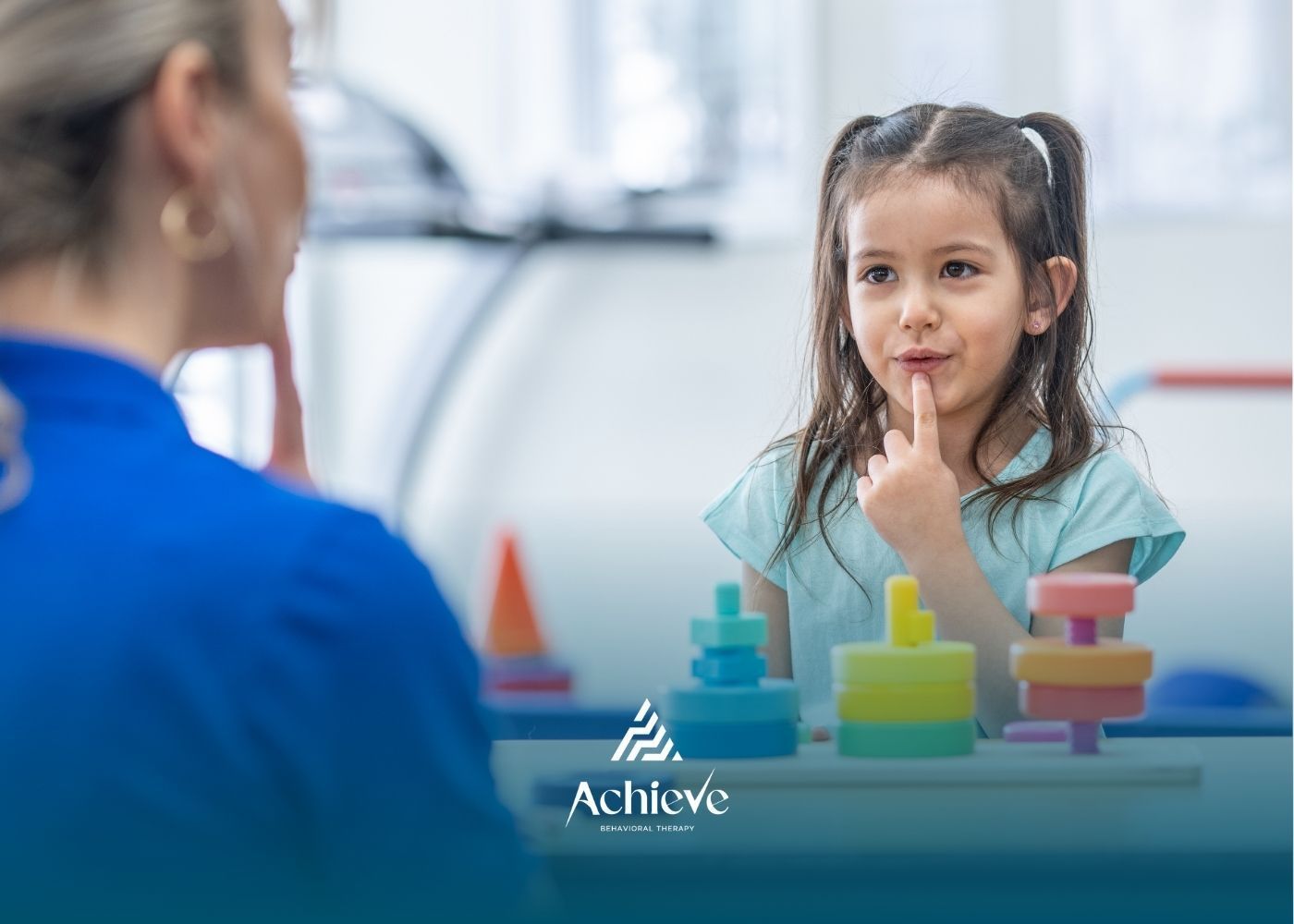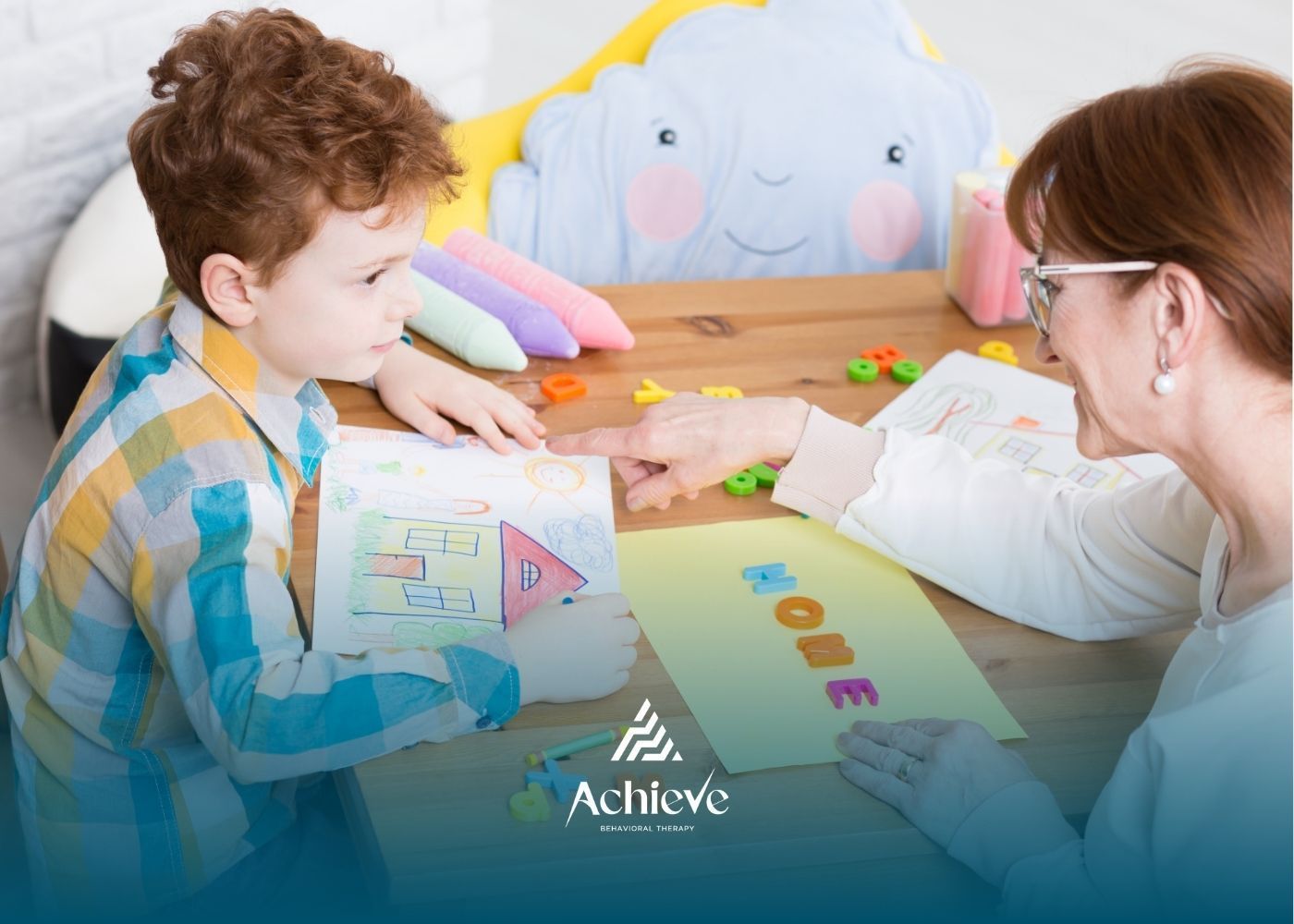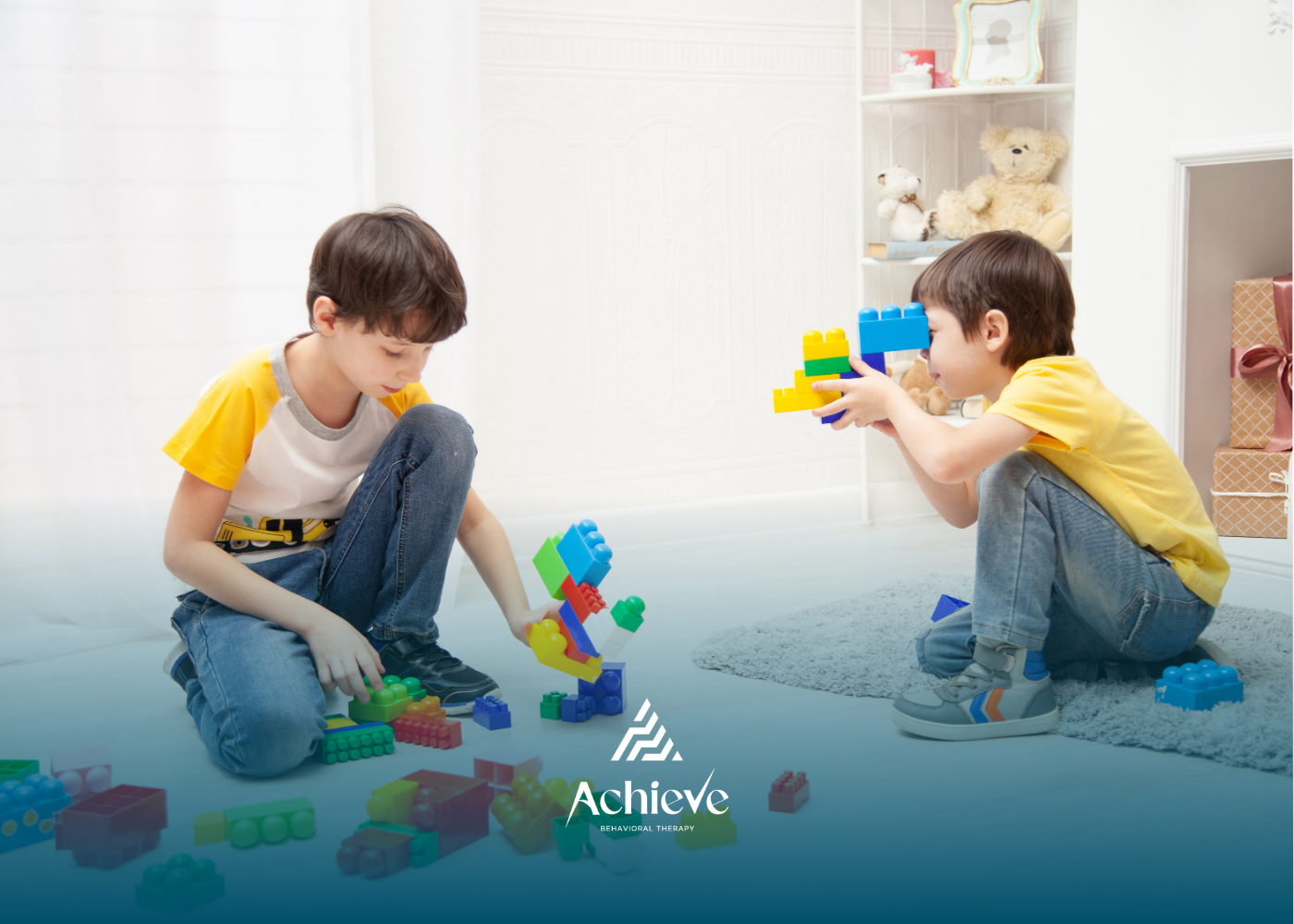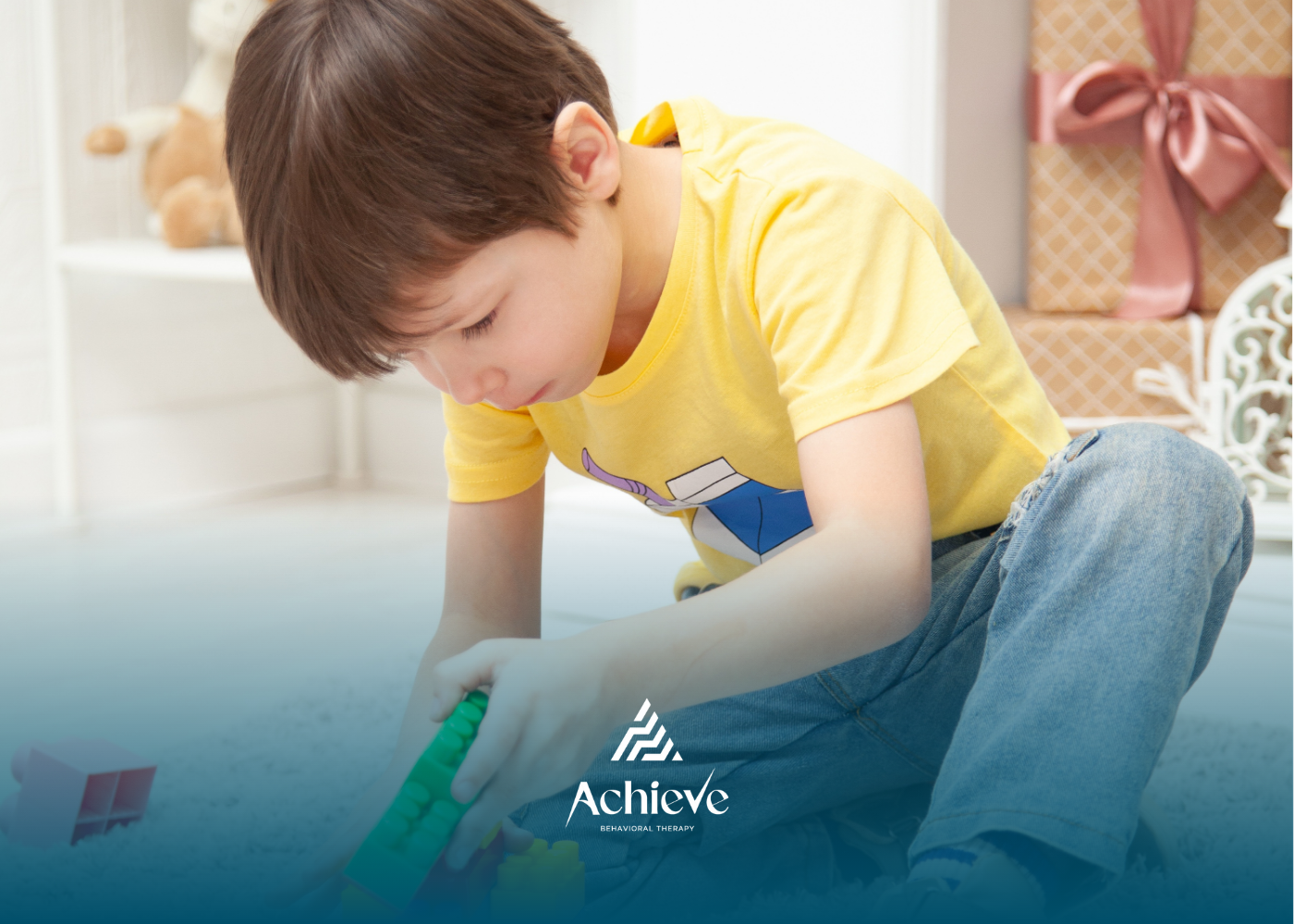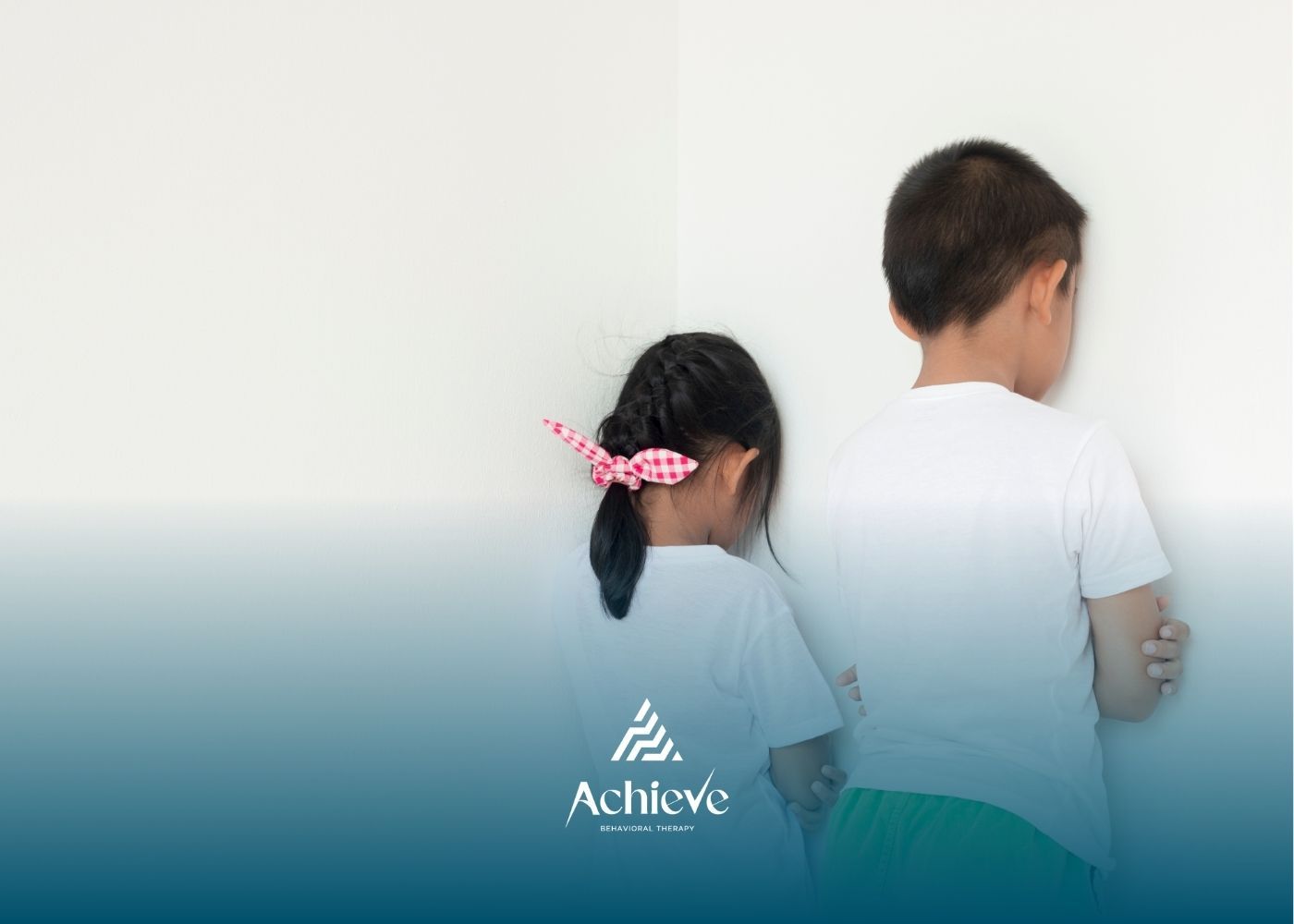Can ABA Therapy Replace School? Guide for Parents

Parents often wonder if ABA therapy can replace school, especially when their child needs extra support to thrive. While ABA therapy is highly effective in teaching communication, social skills, and reducing challenging behaviors, it is not designed to replace a traditional school education.
School provides academic instruction, peer interaction, and opportunities to build independence. ABA therapy, on the other hand, focuses on individualized learning strategies that target behavior, communication, and daily living skills. Both play different but complementary roles in a child’s development.
In some cases, younger children may attend intensive ABA sessions before starting school to prepare for the classroom environment. For school-aged children, ABA therapy often works best as a supplement to education, helping students manage challenges such as focus, transitions, or peer interactions.
The most successful approach is a balance—using ABA therapy to equip children with the tools they need while still allowing them to benefit from the structure and social opportunities school provides.
At Achieve Behavioral Therapy, we partner with families and schools to create a plan that supports both academic and personal success for every child.
Frequently Asked Questions
Can ABA therapy take the place of school?
No. ABA therapy supports skill development but does not replace the academic and social structure of school.
How does ABA therapy support school success?
ABA helps children build communication, social, and behavioral skills that make learning at school easier.
Can ABA be combined with school?
Yes. Many families use ABA therapy alongside school to provide comprehensive support for their child’s growth.
Need Support?
We're Here to Help!
Our experienced team is ready to assist you. Reach out today to discuss how we can support your child's development and well-being.
Get started with expert ABA therapy today.

